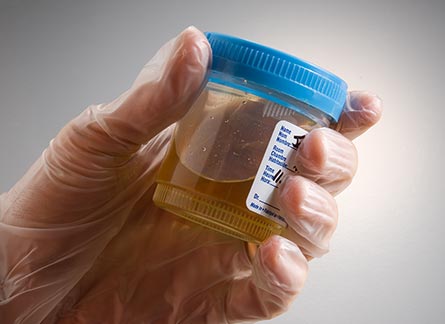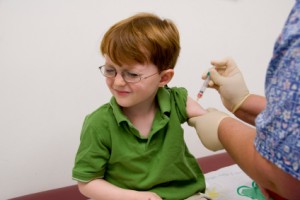 The reason is that the traditional prostate cancer screening test – a blood test to measure prostate specific antigen, or PSA – does not give doctors a complete picture.
The reason is that the traditional prostate cancer screening test – a blood test to measure prostate specific antigen, or PSA – does not give doctors a complete picture.
Now, the University of Michigan Health System has begun offering a new urine test called Mi-Prostate Score to improve on PSA screening for prostate cancer. The test incorporates three specific markers that could indicate cancer and studies have shown that the combination is far more accurate than PSA alone.
“Many more men have elevated PSA than actually have cancer but it can be difficult to determine this without biopsy. We need new tools to help patients and doctors make better decisions about what to do if serum PSA is elevated. Mi-Prostate Score helps with this,” says Scott Tomlins, M.D., Ph.D., assistant professor of pathology and urology at the University of Michigan.





